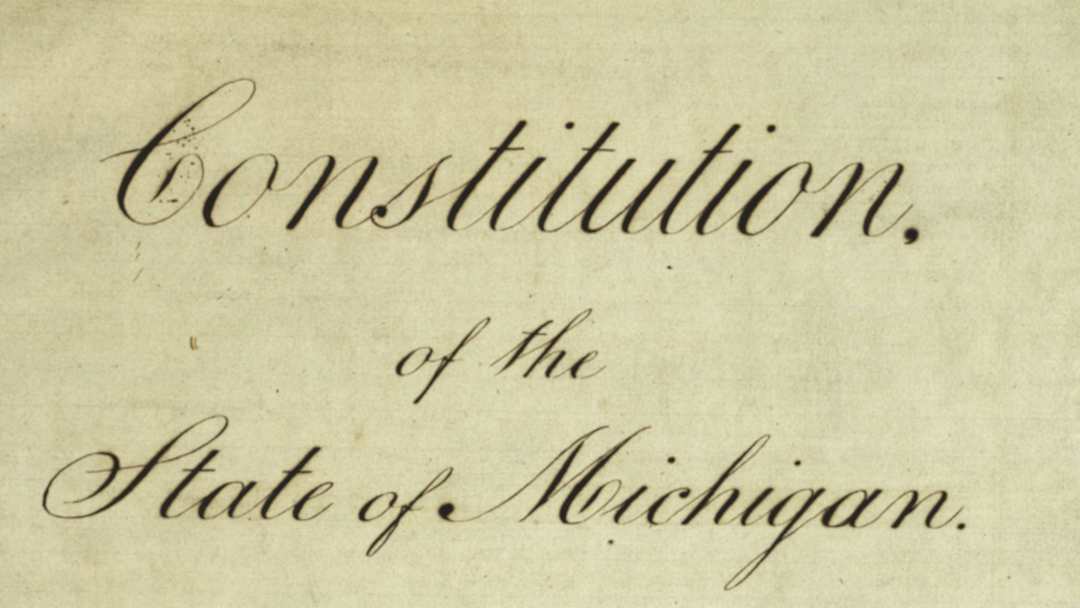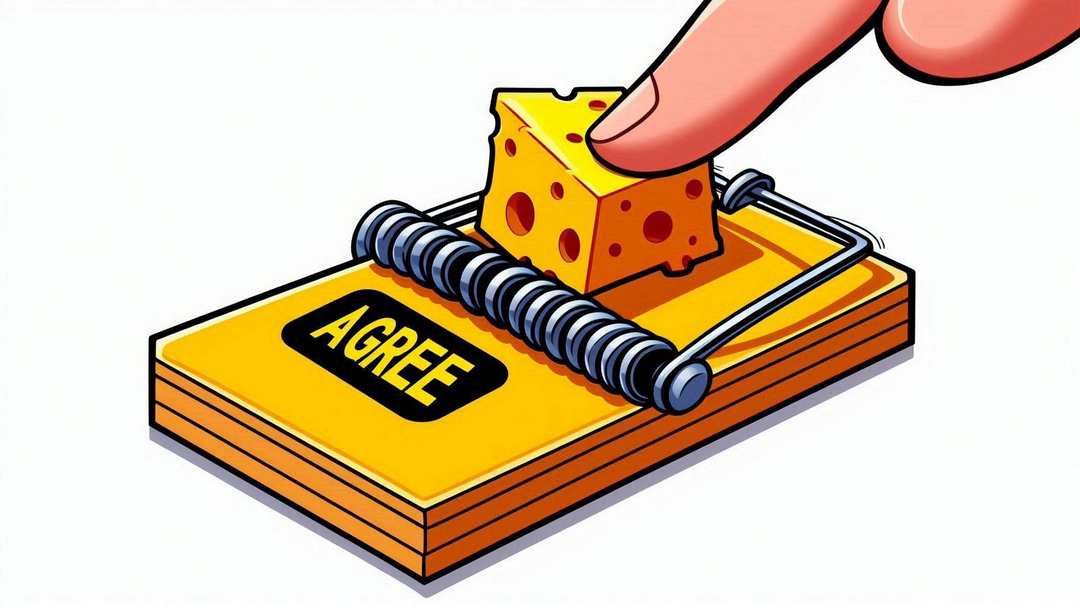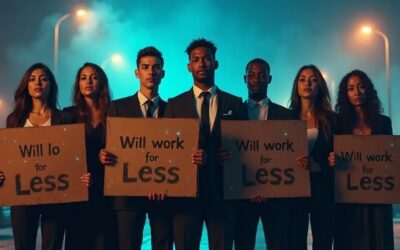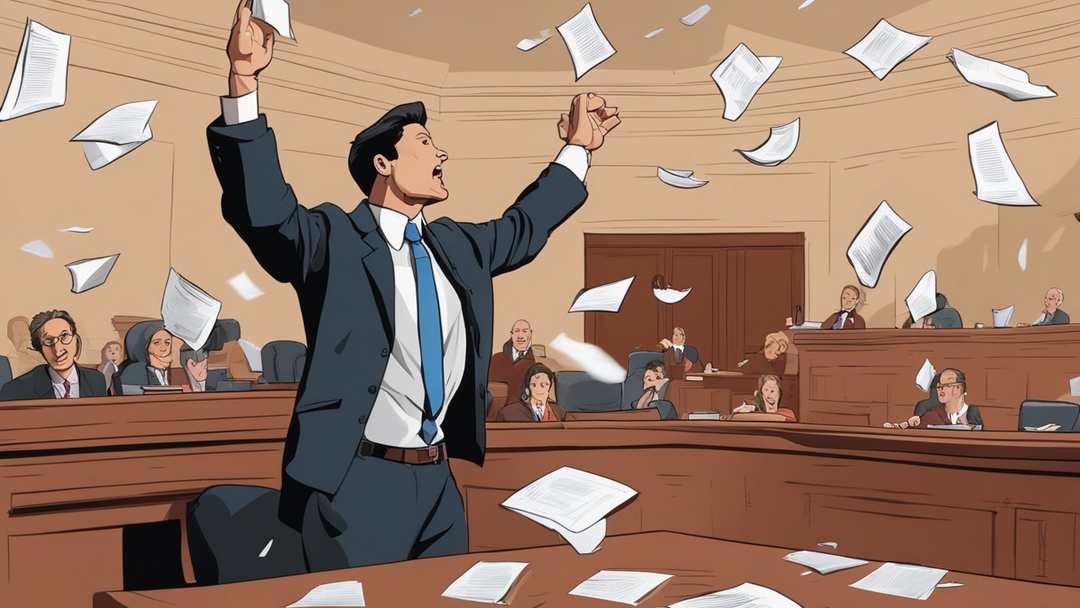You work hard. Now get ready to work harder to prepare to give more.If you own or are a member of an LLC.You have a deadline of January 1, 2025Call us we can take care of it for you. 248-357-2550The new Beneficial Ownership Reporting requirements for LLCs and other...
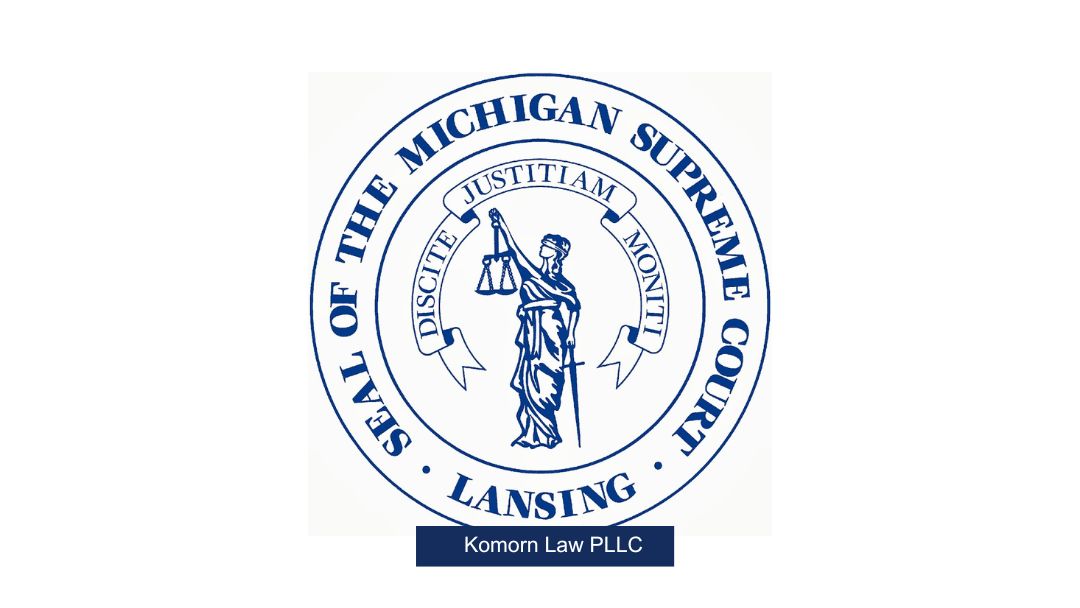
Michigan Supreme Court to Hold Public Administrative Hearing
On September 18, 2024, the Michigan Supreme Court will conduct a public administrative hearing, providing an opportunity for citizens and legal professionals to engage directly with the state’s highest court.
This hearing, held via Zoom and livestreamed on YouTube, will allow participants to discuss significant legal issues affecting Michigan’s judicial system.
The court’s decision to include the public in these proceedings underscores its commitment to transparency and public involvement in the legal process.
Read More Details Here: MICHIGAN SUPREME COURT NOTICE OF PUBLIC ADMINISTRATIVE HEARING.

Michigan Supreme Court to Hold Public Administrative Hearing
On September 18, 2024, the Michigan Supreme Court will conduct a public administrative hearing, providing an opportunity for citizens and legal professionals to engage directly with the state's highest court. This hearing, held via Zoom and livestreamed on YouTube,...
More Articles
Meanwhile elsewhere…
A Justice Department watchdog revealed that one of the nation’s most prolific federal narcotics prosecutors violated ethics rules last year when he drunkenly handed his business card to Florida police investigating a hit-and-run crash.
The conclusion arises nearly a year after The Associated Press released body-camera footage from a Fourth of July incident in which Joseph Ruddy was alleged to have collided with another vehicle, fled the scene, and attempted to use his position as an assistant U.S. attorney in Tampa to mitigate the repercussions.
Despite his visible disorientation, Ruddy managed to maintain enough composure to present his Justice Department credentials to the officers from two different jurisdictions who had arrived to investigate the crash.
“What are you trying to hand me?” a Tampa police officer asked. “You realize when they pull my body-worn camera footage and they see this, this is going to go really bad.”
On the evening of his arrest, Ruddy faced allegations of striking an SUV that was waiting to make a right turn, damaging its side mirror and detaching another component that became lodged in the fender of Ruddy’s pickup.
“He never even hit brakes,” a witness told police. “He just kept going and he was swerving all the way up the road. I’m like, ‘No, he’s going to hurt somebody.’”
When officers arrived at Ruddy’s residence in the Tampa suburb of Temple Terrace, they observed him hunched over his pickup truck, clutching his keys and leaning on the vehicle for support, according to a police report. The officers noted that he had soiled himself, required assistance to walk, and did not pass a field sobriety test.
“I understand we might be having a better night,” Tampa police patrolman Taylor Grant said before looking at the business card.
“Why didn’t you stop?” the officer asked.
“I didn’t realize it was that serious,” Ruddy said in a slurred response.
“You hit a vehicle and you ran,” the officer said. “You ran because you’re drunk. You probably didn’t realize you hit the vehicle.”
Read More Details Here: Legal News
More Articles

If you have an LLC you must comply or face fines and possible prison
You work hard. Now get ready to work harder to prepare to give more.If you own or are a member of an LLC.You have a deadline of January 1, 2025Call us we can take care of it for you. 248-357-2550The new Beneficial Ownership Reporting requirements for LLCs and other...



Michigan Supreme Court to Hold Public Administrative Hearing
On September 18, 2024, the Michigan Supreme Court will conduct a public administrative hearing, providing an opportunity for citizens and legal professionals to engage directly with the state's highest court. This hearing, held via Zoom and livestreamed on YouTube,...
Need to hire one of Michigans top Criminal Defense Attorneys?
Call Komorn Law
Meanwhile elsewhere…
The DUI adventures of one of the nation’s most prolific federal narcotics prosecutors
A Justice Department watchdog revealed that one of the nation’s most prolific federal narcotics prosecutors violated ethics rules last year when he drunkenly handed his business card to Florida police investigating a hit-and-run crash.
The conclusion arises nearly a year after The Associated Press released body-camera footage from a Fourth of July incident in which Joseph Ruddy was alleged to have collided with another vehicle, fled the scene, and attempted to use his position as an assistant U.S. attorney in Tampa to mitigate the repercussions.
Despite his visible disorientation, Ruddy managed to maintain enough composure to present his Justice Department credentials to the officers from two different jurisdictions who had arrived to investigate the crash.
“What are you trying to hand me?” a Tampa police officer asked. “You realize when they pull my body-worn camera footage and they see this, this is going to go really bad.”
On the evening of his arrest, Ruddy faced allegations of striking an SUV that was waiting to make a right turn, damaging its side mirror and detaching another component that became lodged in the fender of Ruddy’s pickup.
“He never even hit brakes,” a witness told police. “He just kept going and he was swerving all the way up the road. I’m like, ‘No, he’s going to hurt somebody.’”
When officers arrived at Ruddy’s residence in the Tampa suburb of Temple Terrace, they observed him hunched over his pickup truck, clutching his keys and leaning on the vehicle for support, according to a police report. The officers noted that he had soiled himself, required assistance to walk, and did not pass a field sobriety test.
“I understand we might be having a better night,” Tampa police patrolman Taylor Grant said before looking at the business card.
“Why didn’t you stop?” the officer asked.
“I didn’t realize it was that serious,” Ruddy said in a slurred response.
“You hit a vehicle and you ran,” the officer said. “You ran because you’re drunk. You probably didn’t realize you hit the vehicle.”
Source: Legal News

